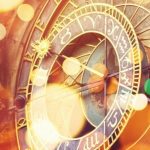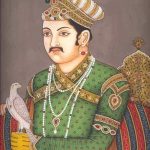Astrology has been a phenomenon that has affected the history and culture of mankind. From its inception alongside astronomy to the newspaper columns giving weekly forecasts, astrology has come a long way. All through history, astrology has been regarded either with disdain or with so much belief that it has helped shape history.

History
Mesopotamia
When the Mesopotamians started studying the heavens and mapping the stars and the planets they not only created astrology but also astronomy. The study of omens and eclipses resulted in scientific findings and measurements. At that time the science of astronomy and astrology were unified. The Mesopotamians also started publishing calendars and almanacs. This knowledge spread across the neighbouring regions and took on individual flavours.
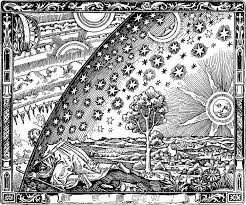
Egypt
When Egypt was under Hellenistic rulership, Babylonian astrology merged with the local practices of the Egyptians. In Hellenistic Egypt Ptolemy’ wrote the Tetrabiblos which is the foundation of Western astrological practices that we see today. The definitions and principles in this work still hold true.
Rome And Astrology
The knowledge of astrology spread to Rome through the Greeks. We see that astrology played an important role in the politics of Rome. One can say that astrology helped shape the destiny of the Roman Empire. The Romans saw themselves as very philosophical. They banned astrology from reaching the masses. However, the rulers took advantage of the citizens’ practices of Sun worship and slowly equated the Sun with the Ruler of the empire. Astrology was a very convenient political tool in the hands of the Roman ruling class. They either believed astrology and tried to keep it away from the people or were very astute to use astrology to influence the people. The Roman rulers officially enacted many rules to absolutely ban the practice of astrology within their territory.
Arabs
The knowledge of astrology spread t the Arabs who made many valuable additions and discoveries that furthered astronomy. They were excellent astronomers and though their faith countered much of the astrological principles they did follow and make advances in others. astrological phenomena were interpreted for the rulers and changed the course of history. The appearance of a comet led to a battle that changed the history of the Ottoman empire.
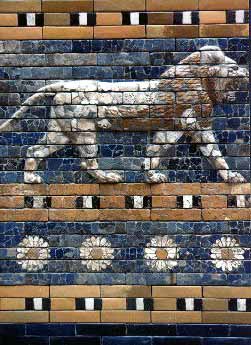
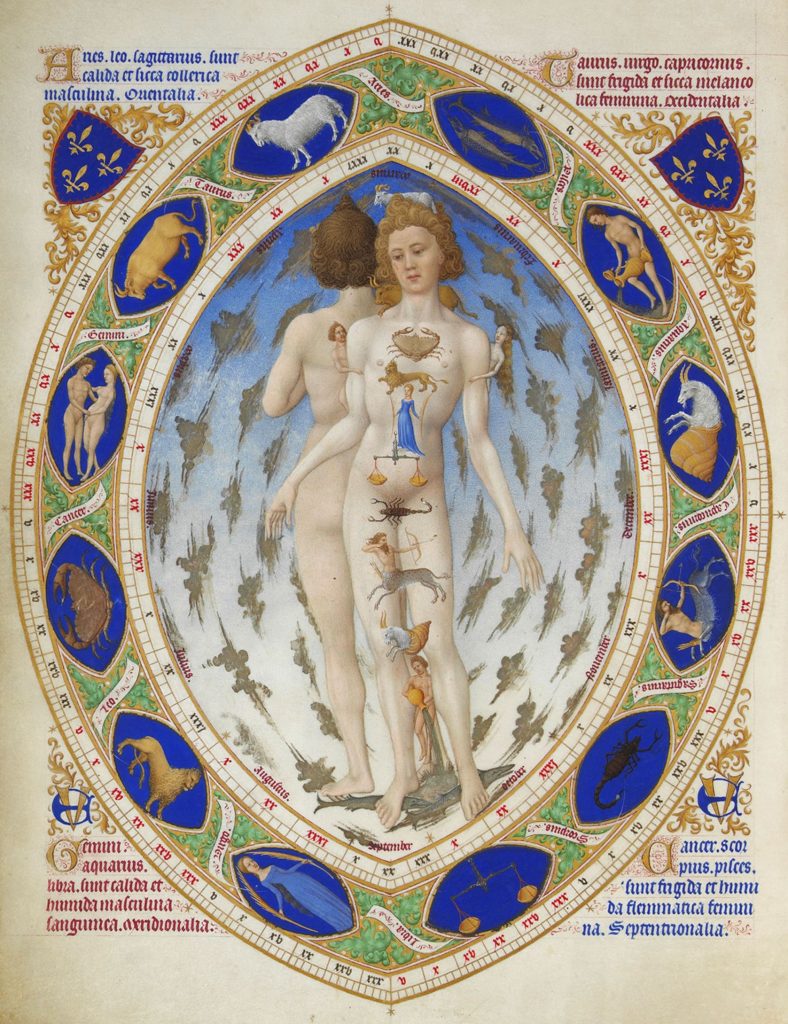
Europe
Medieval and Rennaisance Europe embraced astrology with eagerness. They fused the study of astrology with the practice of medicine. This upsurge continued till the start of the 18th century when people became more scientifically inclined.
India
The earliest Indian work on astrology dates back to the Vedic times. The Greeks and the Persians also brought their own flavour to Indian astrology. In early times astrology was used primarily to determine the correct times for Vedic rituals. It has grown to have a big say in the lives of those who believe in it. Most important events are timed to happen on astrological favourable dates and times. Arranged marriages are finalised after horoscope matching. There are many regional forms of astrology that have evolved.
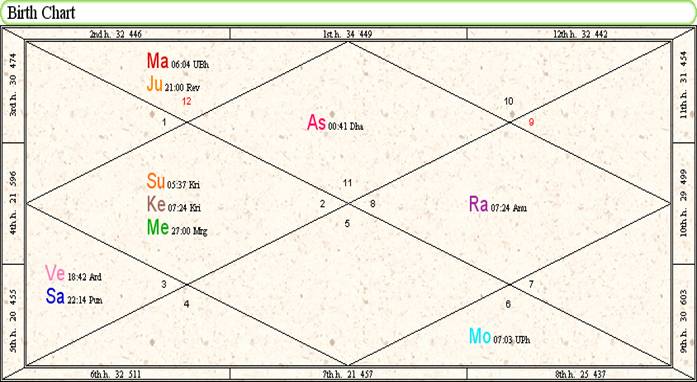
China
In China, astrology has close links with philosophy. Their method of astrology divided time into 60-year cycles combining the twelve animal signs with five elements.
Meso America
Meso America had its own astrological traditions. The Mayan system is the most well known.
Astrology has slowly evolved and is still popular worldwide. The great advances in science and technology have not deterred the astrologers or the people who go to them. The fact that there is absolutely no scientific evidence to support the accuracy of astrology has not deterred people from studying or believing in it. There has been a great revival in astrology since the 60s. People are getting access to astrologers from around the globe and are able to study the branch of astrology that they desire the most. Though astrology started with the study of omens and astronomy, it is now far from both. Astrology is benefitting from information technology advancements and is growing like never before. This seems counter-intuitive as one would think that technology would ruin people’s belief in distant stars governing their lives.
There are many studies that have tried to test the accuracy of astrology but have not gathered any scientific or statistical proof yet. But astrology is a mainstream interest that seems to be growing. Women seem to be more drawn to it than men. The number of people who are leveraging the advances and access to the internet to teach others astrology is growing as well.
Som, despite having lost its science status and no longer being the great advisor to the ruler, astrology continues to flourish.
interested in astrology is substantial, and this number seems to be growing







